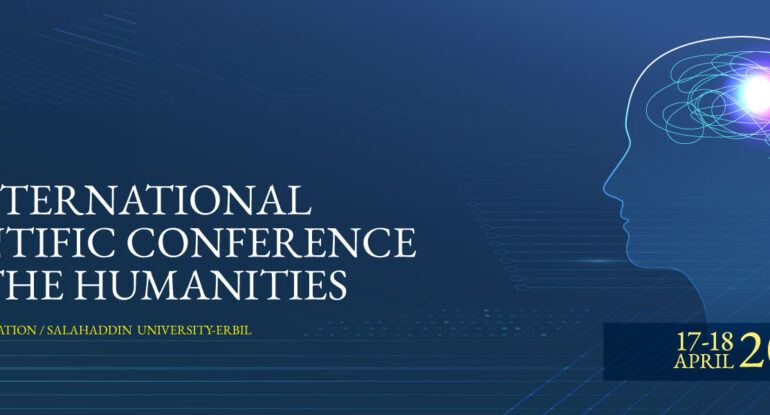The focus of educational sciences: advancing education in a rapidly developing world
1- Using contemporary teaching methods to reduce the burden on learners.
2- Mechanisms for developing education quality standards in a digital world.
3- Contemporary developments in educational technologies between originality and modernity of application.
4- Psychological factors and their role in the educational process.
5- Increasing efforts and efforts to develop educational plans in order to develop educational institutions.
6- Using artificial intelligence to reduce the cognitive burden on learners.
7- Challenges and problems in educational measurement.
The focus of psychological sciences: psychological stability between prevention and treatment
1- Psychological stability between reality and the horizon
2- The effectiveness of human development programs to advance the status of women.
3- The role of psychological counseling in reducing the phenomenon of work and children dropping out of school.
4- The professional and ethical responsibility of psychological counselors.
5- Special groups between marginalization and hopelessness.
6- Stable adolescence is a collective responsibility.
7- Drugs are the scourge of our time.
8- Psychological measurement tools and ways to develop them.
Social Sciences Axis: We maintain a healthy society with a healthy individual
1- Social crises and conflict management.
2- The negative dimensions of forced migration issues and its victims among vulnerable groups (children, women, the elderly).
3- Civil society organizations and their role in achieving sustainable development.
4- Intellectual affiliation and its repercussions on extremism and the future of relations between ethnic groups.
5- The dangers of estrangement between individuals and the importance of social communication.
6- Social service and community development.
7- Family cohesion and a healthy society.
8- Electronic crime and social networking sites.
9- Expelling societies and international asylum.
10- Cultural awareness and suicide.
The focus of anthropology: Man between origins and modernity
1- The reality of anthropological theory.
2- Horizons of anthropological presentation and practice.
3- The anthropological problem and aspirations for renewal.
The focus of philosophy: Wisdom according to the father of knowledge and the mother of science
1- Philosophical thought and the problem of reason.
2- Philosophical theories and thinking outside the box.
3- Philosophical explorations and scientific development.
4- Controversial issues and philosophical outlook.
The focus of historical studies
1- Revolutions and wars in contemporary history.
2- International treaties and their geographical and economic consequences. p
3- Islamic history and enriching the valuable heritage.
4- The historical legacy between truth and distortion.
5- One hundred years after the world wars.
Geographic axis:
- Geopolitics and regional disputes.
- Desertification and the future of environmental development.
- Environmental pollution and its effects on urban development.
- Contributions of tourism geography to economic development.
- Population growth and increasing development problems.
- The future of natural resources
- Water security and forced migrations.
Mathematical sciences focus:
1- Physical education and its developmental contributions.
2- The reality of individual games.
3- Nutrition programs and ways to promote physical activity.
4- The reality of sports psychology.
5- School sports between reality and ambition.
The focus of religious sciences: faith and bridges of cultural rapprochement
1- Schools of thought and the reality of the nation.
2- Religious values between reality and ambition.
3- Dialogue of civilizations and its role in convergence of values.
4- Destructive currents and their societal dangers.
5- Fundamentals of religious education and contemporary challenges.
6- Principles of jurisprudence and interpretation.
7- History of religions.
Linguistics axis includes: languages (Arabic, Kurdish, English, French)
1- Linguistic identity and ways to protect it from other languages.
2- Linguistic empowerment and consistency in educational curricula.
3- Linguistic thought and its cultural effects.
4- Linguistic interaction and societal peace.
5- The reality of teaching the language to native or non-native speakers.
6- The reality of linguistic morphology and structural integrity.
7- Literary texts and discourse analysis.
8- Symbolic images and literary rhetoric.

